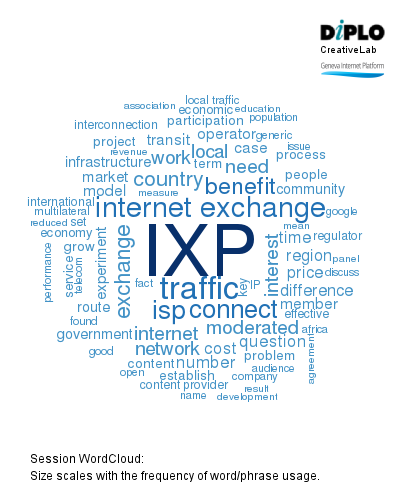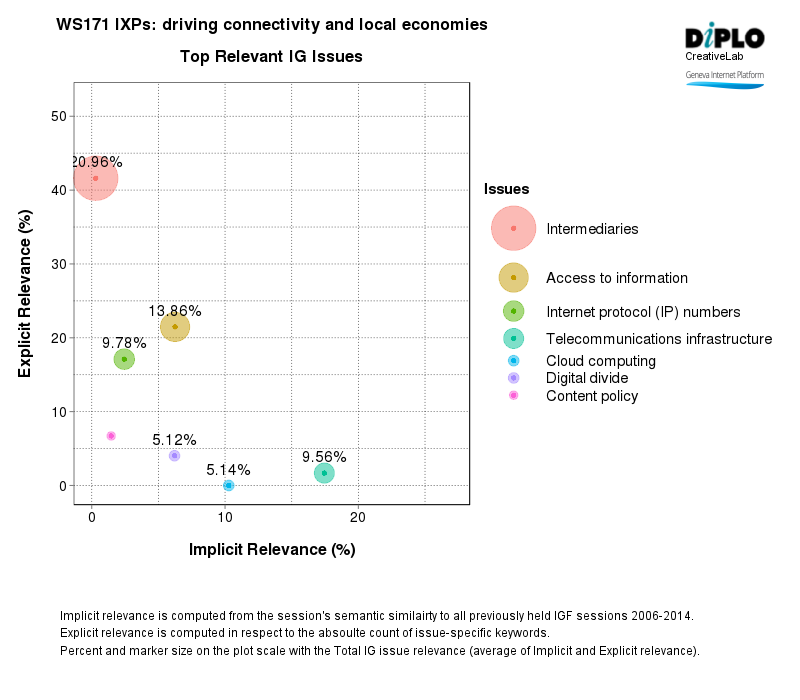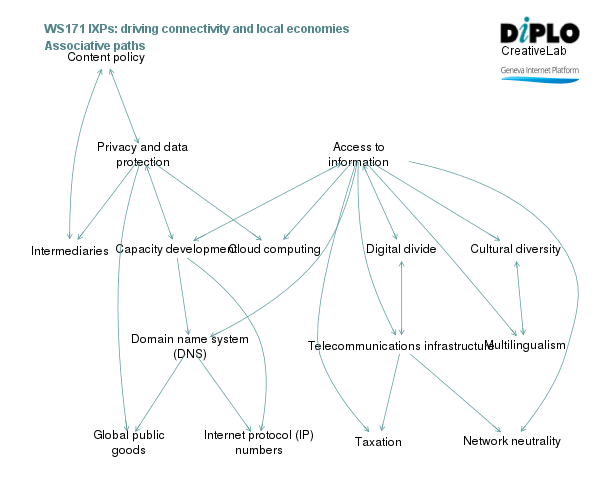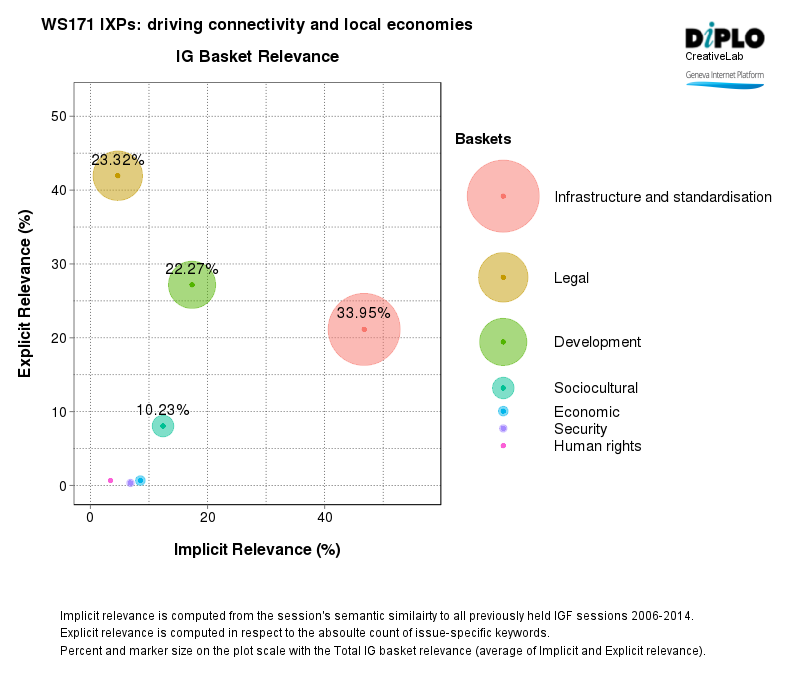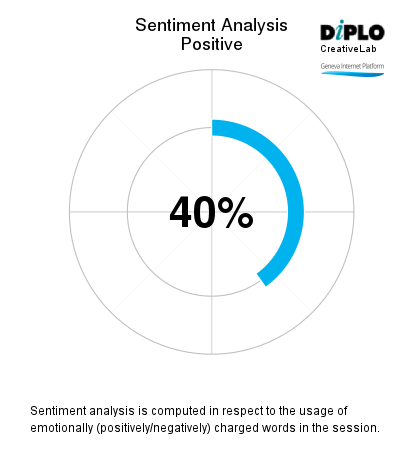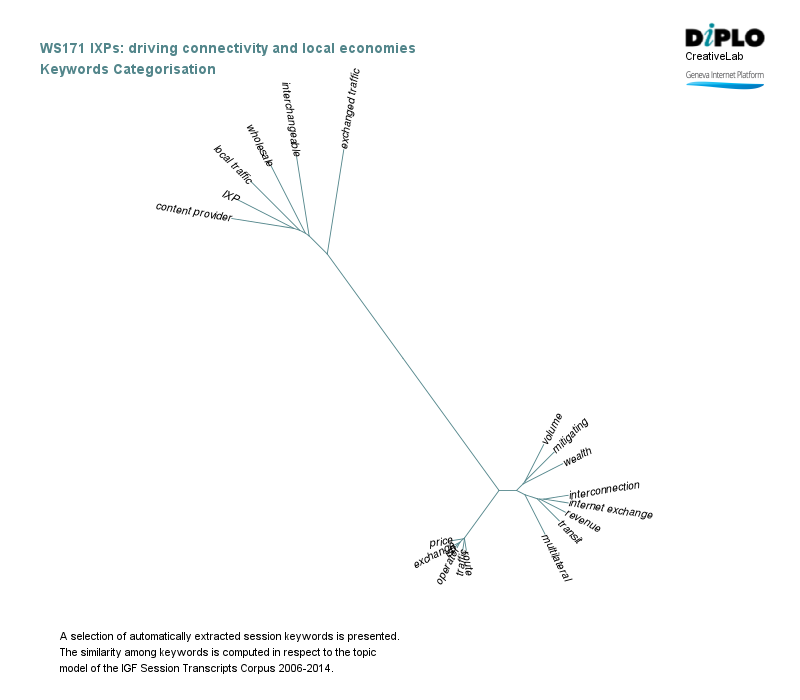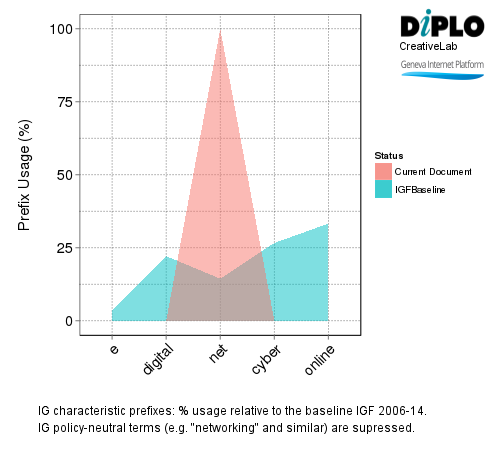IXPs: Driving connectivity and local economies
11 Nov 2015 11:00h - 12:00h
Event report
The discussion provided insights into the current usage of IXPs in developed and developing countries, as well as focusing on the challenges that need to be addressed to see greater deployment of IXPs.
According to Byron, Canada has 7 IXPs and through their experience has recognized the three main aspects that make for successful IXPs. Firstly, they should be community led rather than top-down. Secondly, they should have a reasonable governance structure. Thirdly, they should be not for profit organizations.
The Caribbean region provided an update of the current situation in the Caribbean region where they have 11 successful IXPs. They stated that a number of factors accounted for their success: regulators not running IXPs but simply playing a mediation role, each country building sufficiently robust Internet infrastructure, educating content creators on how to get content more effectively to their local market, and the importance of having an active community advocating for the establishment of IXPs.
Prior to having 11 successful IXPs in the Caribbean, operators of the Caribbean region networks were of the view that they knew “what they were doing was inefficient, but nobody had asked them to stop”. However, once they learned the value IXPs could bring they swiftly went on to establish 11 IXPs. The benefits of IXPs were considered to be reducing latency which enables new infrastructure and content, leading to new users coming online, and new business models to develop.
A study in Latin America was referred to which found that apart from simply technical justifications, there needed to be an economical and political case for establishing IXPs in countries. If the government intervened latency could be reduced by 70% by making it mandatory for all traffic to go through IXPs. In Argentina the cost dropped by 65% per megabyte after rollout of IXPs. Whilst in Brazil, 60% of the traffic now goes through IXPs
A case study from Lesotho was provided which highlighted how the cost per megabyte reduced immensely after rolling our IXPs. This was the same in small island nations across the world that have adopted IXPs.
The session concluded on the note that for IXPs to be more widely introduced there must be a commercial rational for them that all actors can identify with.
By Mwendwa Kivuva
Session Analytics
Session analytics on Digital Watch are produced from computational text-mining and statistical modeling of the IGF session raw transcripts.
All analytics are produced from DiploFoundation’s Text-Analytical Framework (DTAF).
Related topics
Related event


